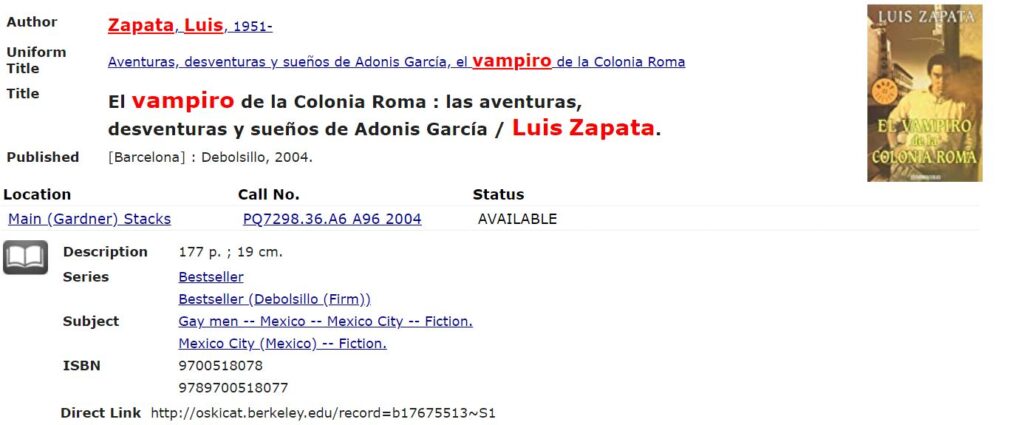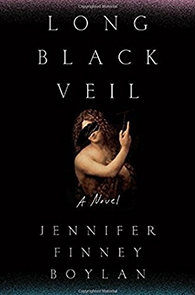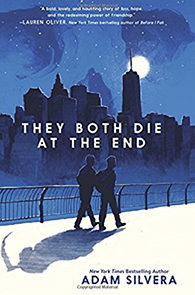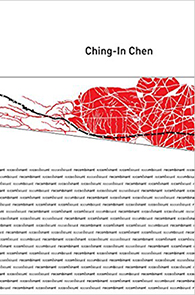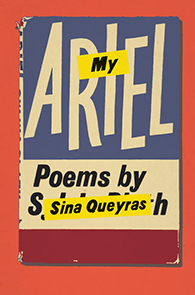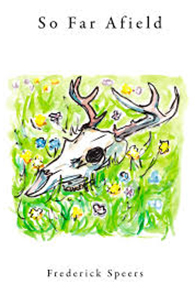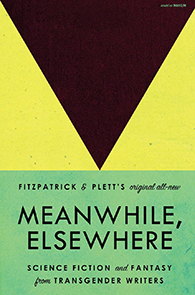Tag: LGBT
In memoriam: Luis Zapata- A trailblazer and a pioneer of the LGBT Literature in Mexico!
I was shocked by the news of the untimely demise of Mexican author Luiz Zapata, who is considered a trailblazer of the LGBT literary genre in Mexico. As the newspaper, Millenio reported he had been sick for sometime. Luis Zapata Quiroz‘s acclaimed book, “El vampiro de la colonia Roma,” is considered one of the first books that broke the silence on the issues of gay presence in Mexican literature. It was the recipient of the 1979 Juan Grijalbo book prize.
I leave you with some of his books that we have in our collections and a video recording. RIP, Luis Zapata.
- De cuerpo entero / Luis Zapata.
- Melodrama : De petalos perennes
- En jirones
- Ese amor que hasta ayer nos quemaba
- La hermana secreta de Angélica María
Recent LGBTQ+ Works to Read for Pride

by Taylor Follett
Pride is here! LGBTQ+ Pride Month commemorates the Stonewall Riots, which took place on June 28th, 1969. Forty-six years later on June 26th, the US Supreme Court made marriage equality the law of the land. LGBTQ+ authors explore themes of love, community, intersectionality, struggle, and queerness within their work. Join us at the library in celebrating Pride Month by reading recent works from LGBTQ+ authors and/or featuring LGBTQ+ main characters.
Get started with some recently published novels:
Uzodinma Iweala
Jennifer Finney Boylan
Adam Silvera
Or enjoy some of the richest verse of 2017 and 2018:
Make sure not to miss these memoirs and collections:
Melissa Febos
Edited by Cat Fitzpatrick and Casey Plett
Rigoberto Gonzalez
Looking for more? The finalist list for the Lambda Literary Awards is a great place to find the best recent LGBTQ+ literature. Did we miss your favorite book, or is there a book you really think we should feature on the blog? We’re always looking for more books to add to our reading lists and our shelves! Tweet us and let us know.
Library presentation on Federal Documents on LGBT History – November 15
Please join us for a presentation titled “We’re Here, We’re Queer, and We’re in the Public Record: Federal Documents on LGBT History” by Jesse Silva, Librarian for Federal and State Government Information.
Tuesday, November 15
12 noon – 1:00pm
303 Doe Library
The United States government provides a wealth of primary sources that can be used to document our nation’s stance on many social movements. In this session Jesse will focus on selected documents pertaining to the LGBT movement. Beginning in the 1800’s, we can see instances of sodomy and crimes against nature. By the 1950 and 60’s we see witch hunts and hushed silence stemming from a fear of national security, along with glimmers of hope. From the 1970’s forward we begin to see evidence of a more tolerant government together with a variety of backlashes until we arrive at the present day of marriage equality and the White House lit up in rainbow colors for Pride. While our society may not be fully inclusive of LGBT people, our government is much more open than it was in the past.
Jesse Silva, MLIS, is the Librarian for Federal and State Government Information, Political Science, Public Policy and Legal Studies. He has chaired the Education and Legislation committees of the American Library Association’s Government Documents Round Table and has written several articles and book chapters on government information librarianship. Jesse has worked as a librarian at UC Berkeley, University of North Texas and UC Santa Cruz.
303 Doe is in the northwest corner of Doe Library. Take the stairs or elevators that lead to the Art History/Classics Library.
This is a brown bag so bring your own lunch. Cookies will be provided.
Primary Sources: Independent Voices
Independent Voices is a digital collection of magazines, journals, newspapers, and newsletters housed in the alternative and small press archives of participating libraries and historical institutions.
The focus is on materials published during the 1960s-1980s that stem primarily from the second wave of feminism, LGBT activism, GI and student protest movements, and the Black, Chicano(a), and Native American movements.
